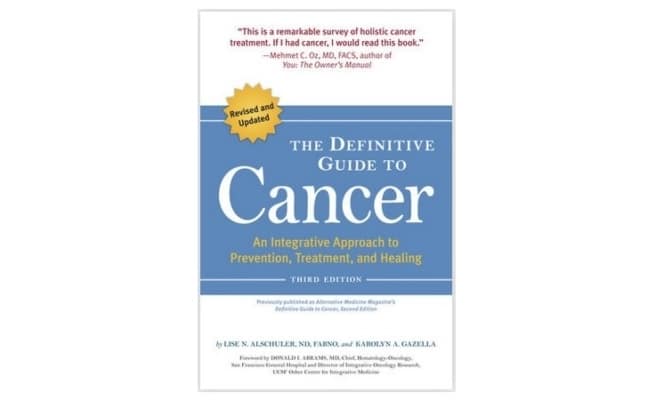Integrative approaches to surgery at a glance
An integrative approach to surgery begins with a full appraisal of whether surgery is likely to do more good than harm. If you decide on surgery, an integrative approach involves actively preparing for surgery, making wise choices about pain control during and after surgery, and promoting a balanced body terrainthe internal conditions of your body, including nutritional status, fitness, blood sugar balance, hormone balance, inflammation and more all throughout your surgery experience. Integrative approaches starting before surgery can improve your resilience, your response to surgery, and your recovery.
Addressing body terrain imbalances such as blood sugar and insulin resistance, excess body weight, and poor muscle density can improve your survival and reduce complications from surgery. Prehabilitation (prehab)improving the functional capability of a patient prior to a surgical procedure or other medical treatment can be part of your preparation for surgery to address imbalances.
7 Lifestyle Practices
Top prehab practices are Eating Well and Moving More, but other practices are also part of a prehab approach called enhanced recovery after surgery (ERAS).
Because many prescription drugs, supplements, and natural products can interact with anesthesia or promote bleeding, these may need to be stopped well before surgery. Be sure your healthcare team knows about all the medications and products you’re using.
Anxiety and stress are common before surgery. Managing and reducing your anxiety and stress responses can improve your experience and outcomes.
Your choices of nutrition, anesthesia, and pain control during and after surgery can promote more rapid healing and better long-term outcomes. In light of both benefits and risks of opioid use, we recommend that opioids be used when necessary but in the smallest amount and for the shortest period possible. We encourage you to consider non-opioid options such as ibuprofen (Motrin or Advil) or acetaminophen (Tylenol) when available, topical approaches such as lidocaine patches, or even non-drug options such as ice or heat as recommended.
Top practices and complementary therapies for recovering from surgery
These practices and complementaryin cancer care, complementary care involves the use of therapies intended to enhance or add to standard conventional treatments; examples include supplements, mind-body approaches such as yoga or psychosocial therapy, and acupuncture therapies have the best (modest or higher) evidence of an effect.
Pain control
Regaining mobility and self care
Helpful links

The Definitive Guide to Cancer, 3rd Edition ›
Integrative approaches to preparing for, mitigating side effects from, and enhancing outcomes of cancer surgery. See chapters 6 and 7.

Information related to surgery for breast cancer.
